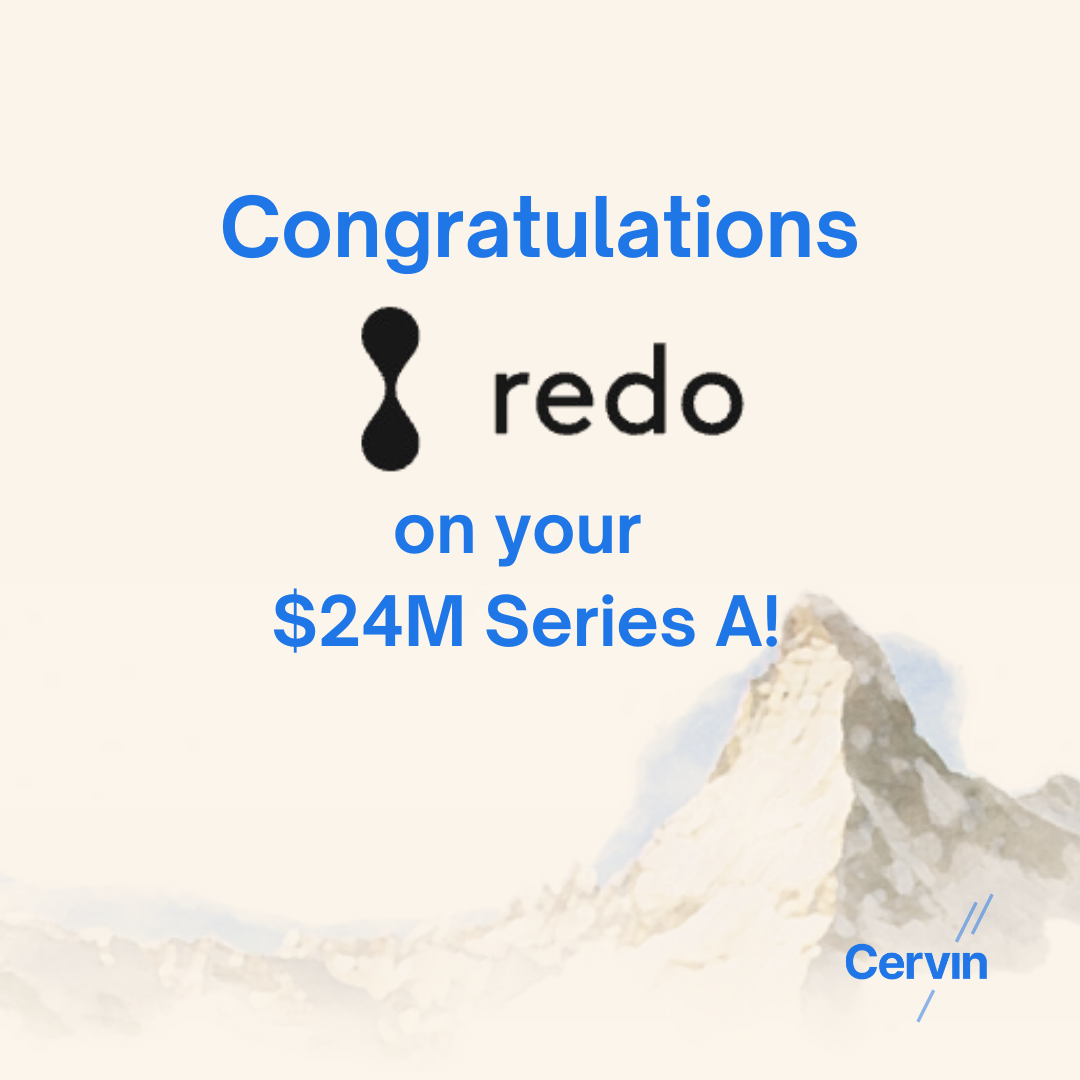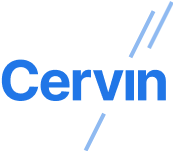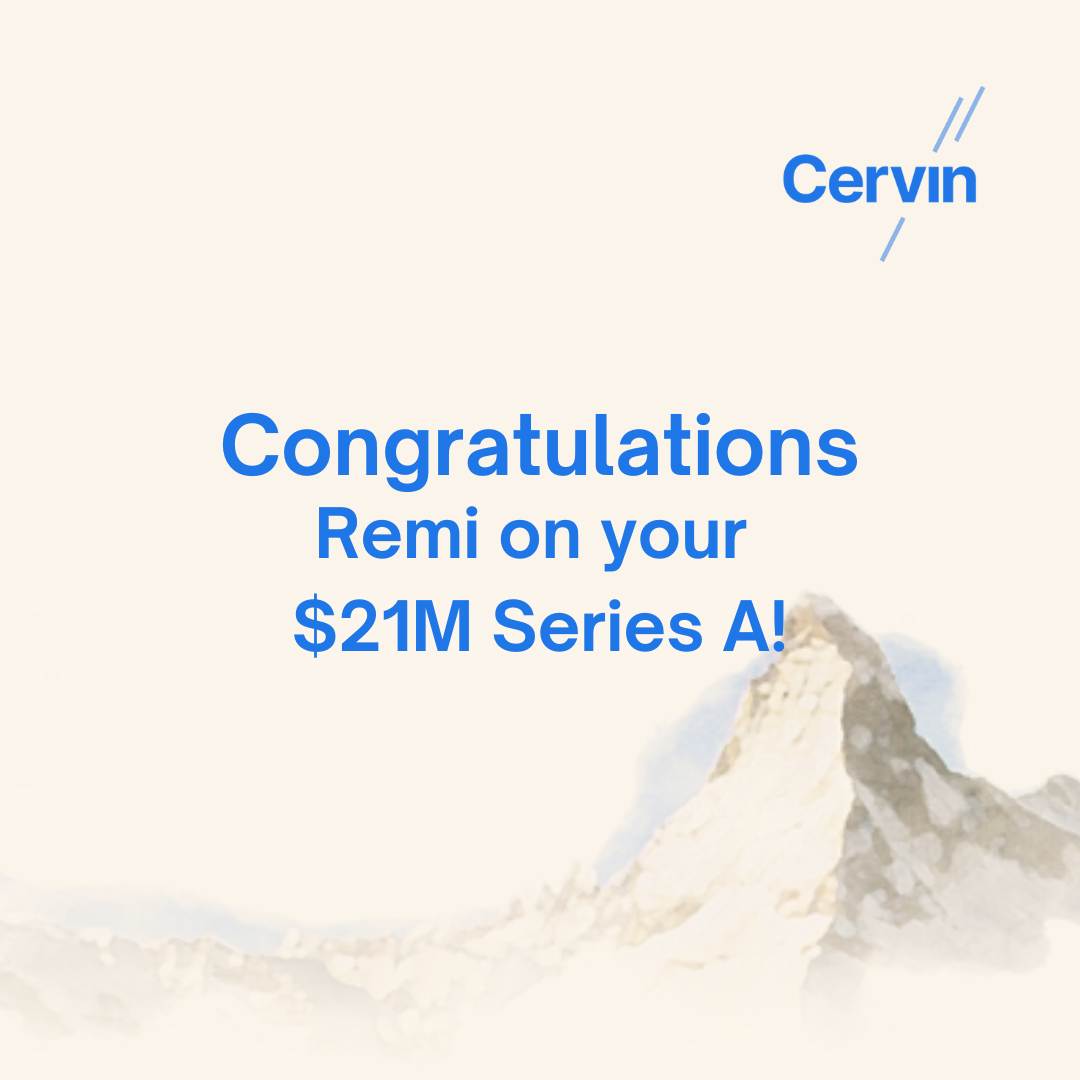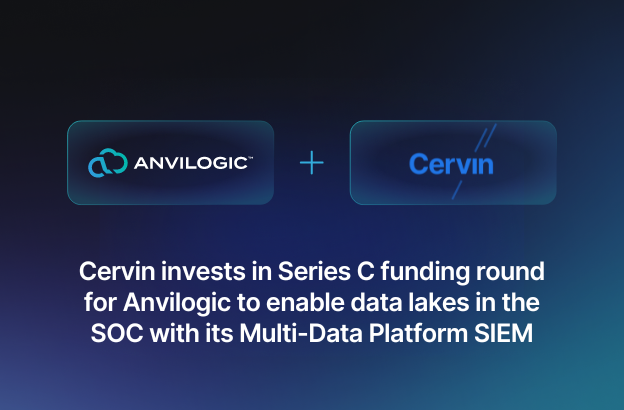What is your long term vision for the company?
Our vision is to empower humanity to build meaningful professional relationships. We started with events because events and conferences are this magic moment where many like-minded people gather together and focus on a shared purpose. So often in today's world, there are so many distractions that getting these folks that are focused together on one opportunity is rare. So there's this magic about events that we love. And the goal is to bring that to a much larger audience - it could be customer success, mentor/mentee, or recruiting - there are all kinds of reasons we want to build professional relationships. There certainly are social media platforms that focus on professional relationships, but our view is that clicking "connect" with somebody on an app is not building meaningful relationships. So how can we help them foster those types of actually impactful relationships?
As you were putting your founding team together and hiring some of the early employees - What were you thinking about?
A very important topic. I don't have the stats in front of me, but I think the number one reason why startups fail is because of issues between co-founders. It's very much like a marriage. You have to make sure you're starting a company with the right folks. So I was really fortunate that my co-founder Stefan and I worked together at Shutterstock for five years before starting the company. We knew we worked well together and complemented each other's strengths and weaknesses. That's been critical because there are a lot of ups and downs on the entrepreneurial road, so making sure you have that solid foundation right from the start is important.
As for the early employees - the first 5, 10, 15 folks define the company's DNA. So before we even hired any full-time employees, we sat down and spent a good amount of time just ironing out the company's vision, mission, and values. To us, values need to be a trade-off, meaning some amount of people would be willing to take the other side of the arrangement. We wanted to make it so that eventually, not everybody would look at the values and say, "This is for me." That was intentional because we want people to have to make a choice. So, for example, one of our values is an ownership mentality, not a mercenary mentality, so coming in, taking ownership from day one. In this "ownership mentality vs mercenary mentality" example, some people want to be mercenaries. They want to go from company to company every 1-2 years to get higher pay, better titles, etc. And people can be very successful as mercenaries. But our view is that one 5 year experience is significantly more valuable than 5 1-year experiences. So we look for people that want to take on ownership from day one, stay here a long time, and grow with us.
It's critical to find the right folks that can wear multiple hats and are comfortable with the speed of things because it can be hectic in the early days. These early employees set the foundation for the next 20, 50, 100 employees.
What do you think is the most important trait for entrepreneurs?
Perseverance. There's always going to be problems, things that come up. For example, we just had the banking crisis. The month before that, we disagreed with a customer, and then they tried to hack our site. These are things that I never thought I'd be dealing with in a million years, and that's just the last two months.
There are always areas of the business where you need to focus and things that don't go your way - you don't win a deal, a customer churns, or you lose an employee, so it's important to persevere and keep going. The only way it won't work out is if you stop. But if you keep putting one foot in front of the other and making a little progress every day, then over time, little by little, it becomes a lot.
Sometimes it's important to take a step back and look at that big picture and say, "Hey, where are we now versus a year ago?" If it feels like a certain page or feature doesn't work that well, compare it to where you were three months ago or a year ago. Then it's like, wow, we made a lot of progress.
What advice do you have for aspiring entrepreneurs?
So number one - just get started. I've seen so many folks spend all this time planning and putting together a business case and just thinking about wanting to take that leap rather than just doing it. The reality is that things are just so different - you learn so much in the early days about who your customer is and what they want. Initially, for Vendelux, we thought we would sell to sales reps and leaders. If we had just created a whole vision and a whole product around sales, we would have missed the mark on who our actual buyer was and had the money to use our platform. So get in there, build an MVP, do what you can to get going, and put something in front of people as quickly as possible. It doesn't need to be pretty; it doesn't even need to be a full-fledged app. It can be a bunch of designs in Figma, wireframes, or whatever, but getting that feedback is critical. You don't necessarily need to quit your day job and go all in; you can build on nights and weekends to test the waters and validate, but the sooner you get started, the better.
Number 2 is validate by charging. Many people will look for feedback and want to put something in front of their friends or family members and say, "What do you think?" And often, it's your idea, your baby, so you'll be excited and passionate about it, and nobody wants to be negative in the face of that. So you'll hear a lot of potential positive remarks, but the real question is - Is somebody willing to pay for this? People are going to vote with their wallets. And so, even charging $1 or a low amount doesn't matter; it can help you cross that divide and make sure people are willing to pay for things.
And finally, speed is your only advantage as a new entrepreneur or new company. There are bigger companies out there; they have more resources, time, people, money, experience, everything. So the only advantage that you're going to have is speed, and you can only slow down from when you start, so just making sure that speed and the execution from day one is just all about getting things out there quickly and failing fast is critical.






